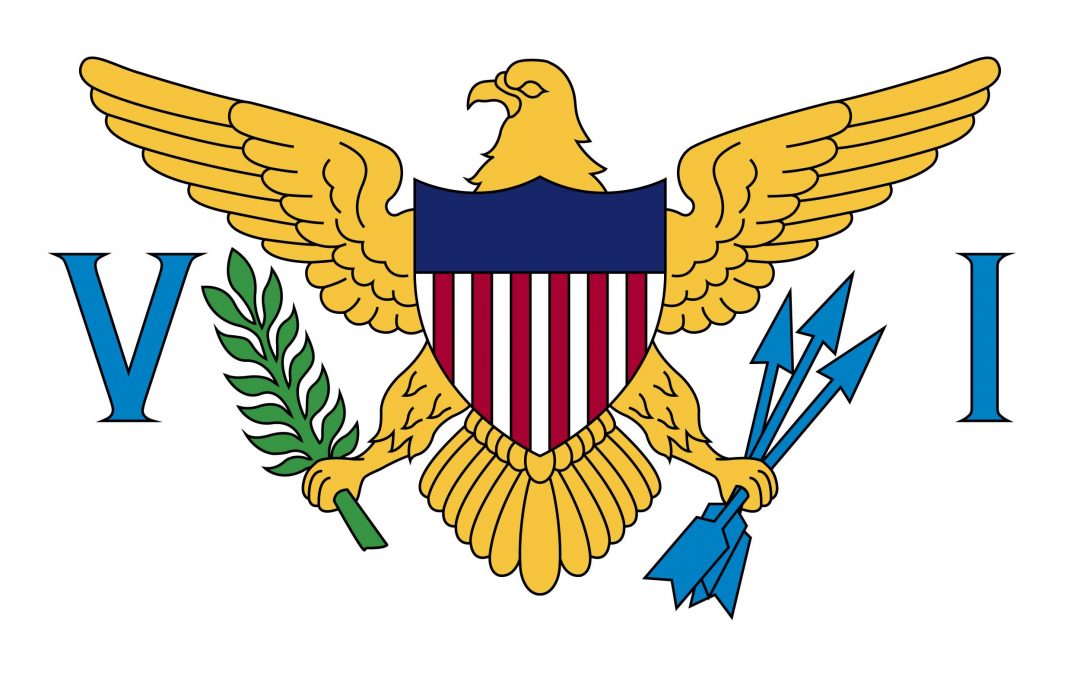Next Tuesday at the National Press Club in Washington, former US Deputy Secretary of State and the first Director of National Intelligence, John Negroponte will be providing opening remarks, and Albert Bryan, Governor of the U.S. Virgin Islands, will announce a new US Flag open ship registry, in what some maritime experts are calling the most historic moment for US maritime interests this century.
The shipping industry moves more than $4 trillion USD of imports and exports into and out of the United States every year but, for the past fifty years, the U.S. has increasingly relied on shipping lines from other countries to carry most of these goods. Currently, there is only one U.S. flag shipping company in the top 30: Matson, ranked 26th, with only 0.2% of the global market share.
Over fifty percent of the ships that traverse international waterways are registered in just three jurisdictions – Panama, Liberia, and the Marshall Islands. Each of these registries was formed with the support of the US Government and each originally promised commercial advantages along with some degree of protection from the US Navy. Panama and Liberia, however, currently have no protection agreement in place. The Marshall Islands registry is said to have a security “understanding” with the United States, but the details of which are not clear.
According to a white paper released by the Center for Ocean Policy and Economics (COPE) at the Northeast Maritime Institute, ships registered under the new Virgin Islands Flag will realize physical and cyber protection from relevant US agencies and the new flag will also provide a key competitive advantage to ship owners.
“The future is becoming increasingly complex and uncertain,” said Eric R. Dawicki President of Northeast Maritime Institute and an executive member of COPE, in an interview with gCaptain. “We believe that customers, ports, financial markets, and insurance companies are ready to reward ship owners that are more transparent and lean into environmental, social, and corporate governance (ESG). We believe a US open registry will protect the rights of seafarers and provide US mariners with more opportunities.”
Dawicki was quick to point out that, while this is an open registry, it will not be a flag of convenience. The US Virgin Islands is one of only five official Overseas Territories of the United States. American Virgin Islanders are American Citizens and USVI companies are subject to United States law. The new registry hopes to attract ship owners that understand this and are willing to lean into ESG initiatives.
“We are looking to help shipowners navigate an increasingly uncertain world,” said Dawicki. “We are looking to help those who want to do good by doing well.”
An increasing number of customers, financial institutions, and regulators are looking to do business with companies that hold themselves to a higher standard. Less clear is if ship owners will be willing to ditch cheap flags of convenience for better access to capital and cargo. It is also unclear how the USVI flag will navigate the Jones Act, if it will have a separate seat at the International Maritime Organization (IMO) or share one with the US delegation, and the depth of its relationship with classification societies, regulators at the US Coast Guard, the US Navy, and shipowner groups like ICS, BIMCO, INTERTANKO, and INTERCAGO… which have all been calling for higher standards within the broader industry.
While these questions remain unanswered, representatives of the new flag state promise transparency and promise to answer these difficult questions at the press event next Tuesday.
Source:






